Scholarship Recipients
Mentee Scholarship
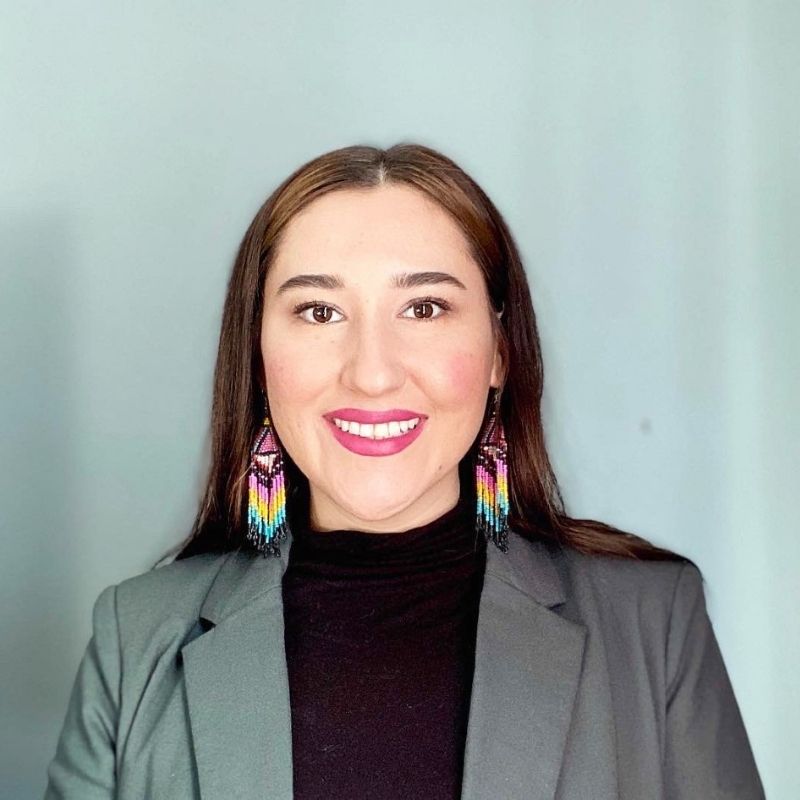
Michelle Zinck (MA Student)
Department of Indigenous Studies
Supervisor: Dr. Michelle Johnson-Jennings
CoMGRAD Scholarship
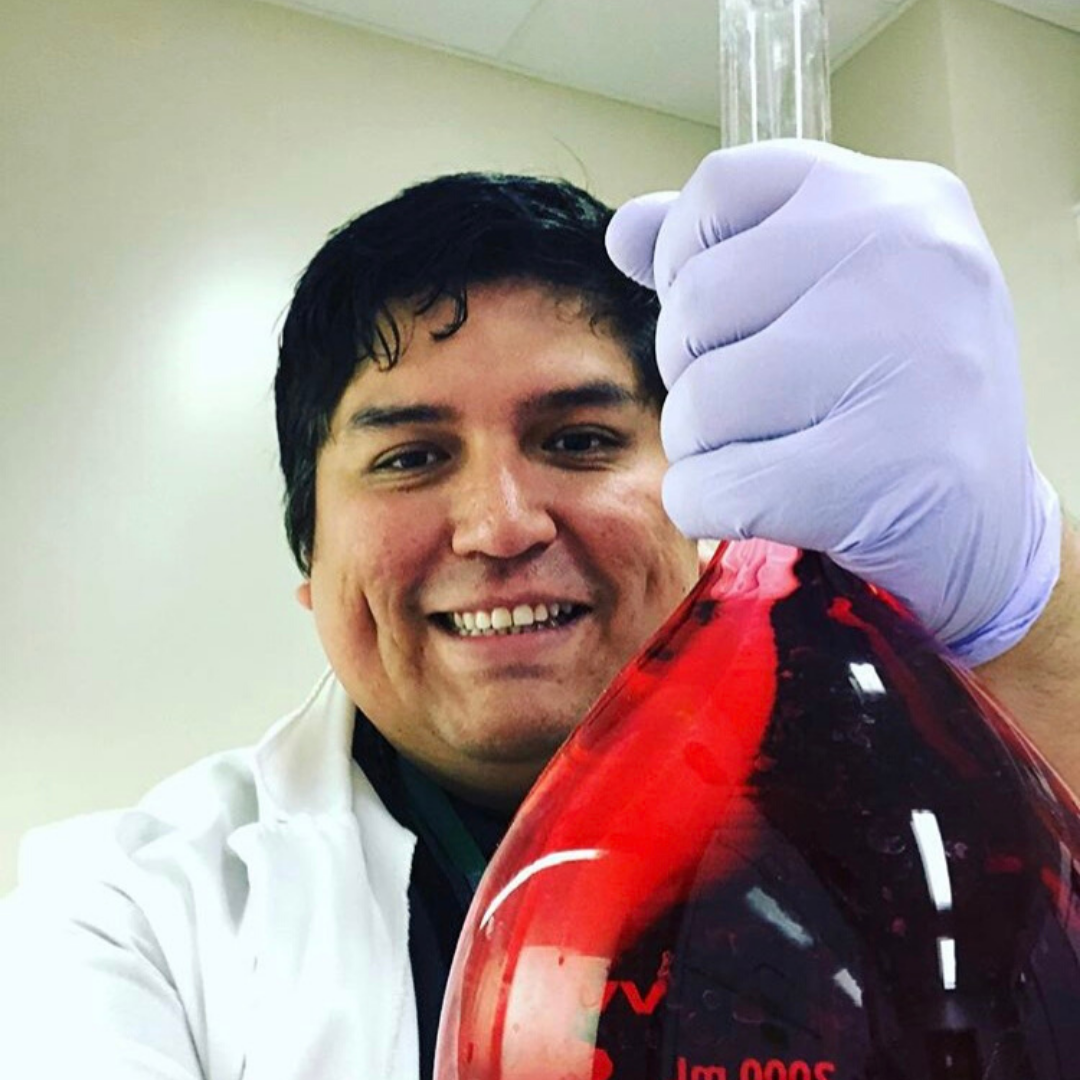
Joseph Neapetung, PhD Student
Anatomy, Physiology, and Pharmacology
Supervisor: Dr. Veronica Campanucci
Joseph Neapetung is Anishinaabe from Yellow Quill First Nation and is a PhD student in the Physiology program at the University of Saskatchewan under the supervision of Dr. Veronica Campanucci. Joseph is the Outreach Coordinator for the Saskatchewan Indigenous Mentorship Network. Joseph’s current research involves the molecular effects of hyperglycemia on the nervous system and how it contributes to peripheral neuropathy, a painful condition that arises from diabetes. In addition to Joseph’s research, he is also interested in teaching, science outreach and communication, and animal welfare from an Indigenous viewpoint. Joseph's recent efforts include developing a culturally safe conceptual framework that brings together traditional Indigenous knowledge and Western science with a strong focus on neuroscience.
FMHRN Scholarship
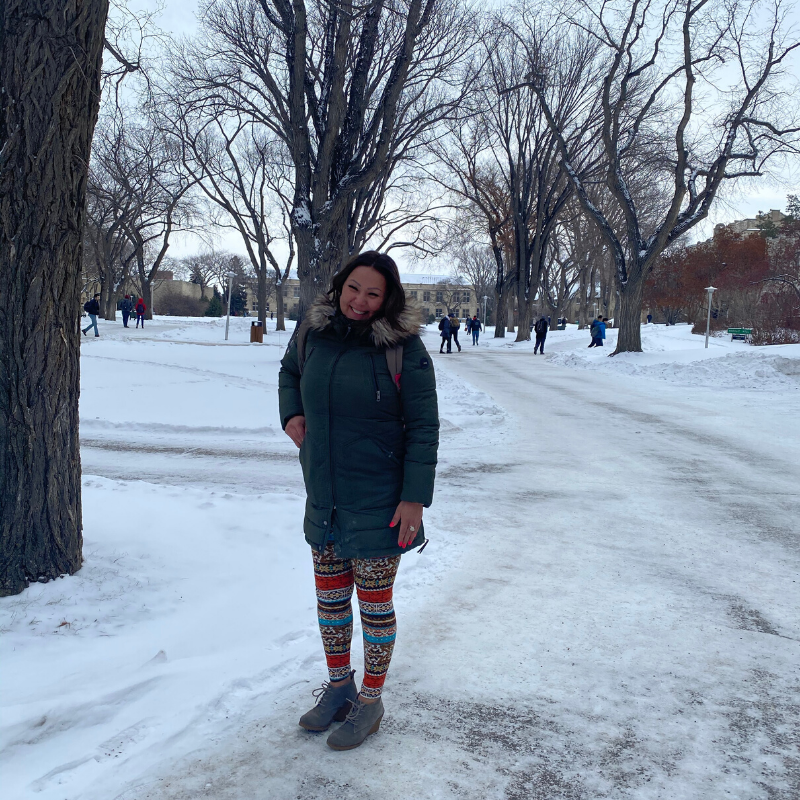
Tina Alexis, PhD Student
Department of Indigenous Studies
Supervisor: Dr. Winona Wheeler
Tina Alexis is Dakelh (Carrier) from Ulkatcho First Nation in Central British Columbia and the granddaughter of Peter & Minnie Alexis. She is currently a doctoral student in the Department of Indigenous Studies at the University of Saskatchewan. She completed her Masters of Education at the University of Saskatchewan in 2019 and obtained her Bachelors of Arts in Indigenous Studies at the University of British Columbia in 2017. Tina's work will concentrate on reclaiming Dakelh perspectives, knowledge systems, cultural values and methodologies through community collaboration and education.
Graduate Student Stipends
Tina Alexis

Christy Anderson
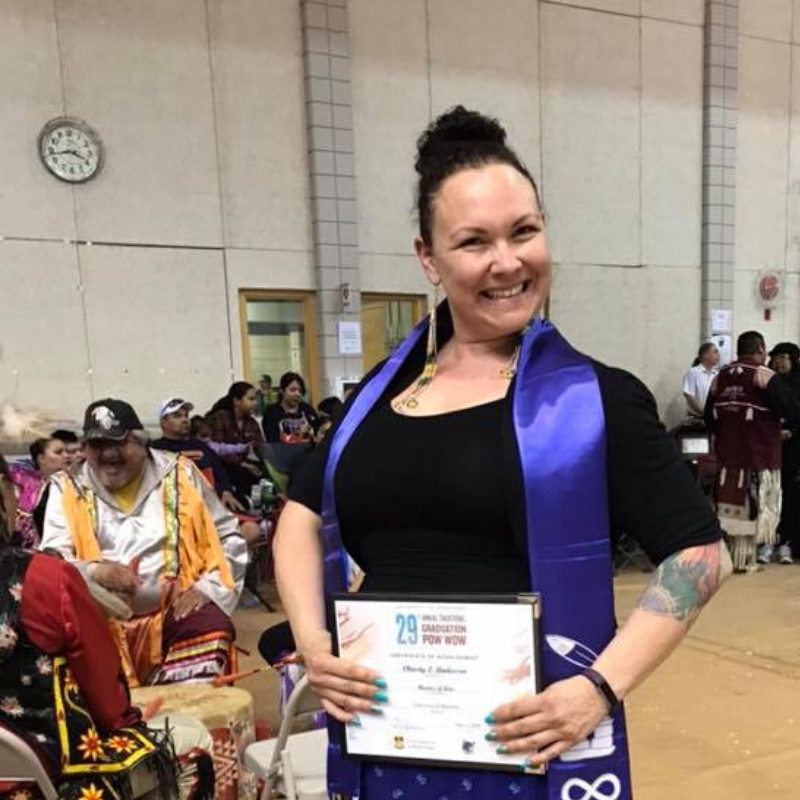
Christy Anderson is a member of Pinaymootang First Nation in Treaty Two Territory, located in the Manitoba Interlake Region. Her cultural heritage is Anishinaabeg on her father’s side and Mennonite from her maternal lineage; she is a first generation intergenerational Indian Residential School survivor. Christy is a single mother of two young boys who bravely moved away from home so that their mom could pursue her doctoral degree in Indigenous Studies at the University of Saskatchewan. Ms. Anderson was honoured to receive many academic acknowledgements this year including the University of Saskatchewan Indigenous Achievement Award for Academic Excellence, the College of Arts and Science Aboriginal Graduate Scholarship, and the Saskatchewan Indigenous Mentorship Network Graduate Student Stipend.
Ms. Anderson began her university studies at University of Toronto Scarborough where her passion for learning was reinvigorated from 2001-2004. After a 5-year post-secondary hiatus, Christy returned to complete her BA in Communications and Media Studies at Canadian Mennonite University in her hometown of Winnipeg, MB. Ms. Anderson switched disciplines in her Master’s program at the University of Manitoba where she graduated with an MA in Native Studies in 2017. Christy’s research interests are gendered colonial violence, MMIWG, Indigenous feminisms, Indigenous sovereignty, Indigenous politics, Indigenous women’s healing practices, spirituality, reconciliation, and community-based research.
Indiana Best
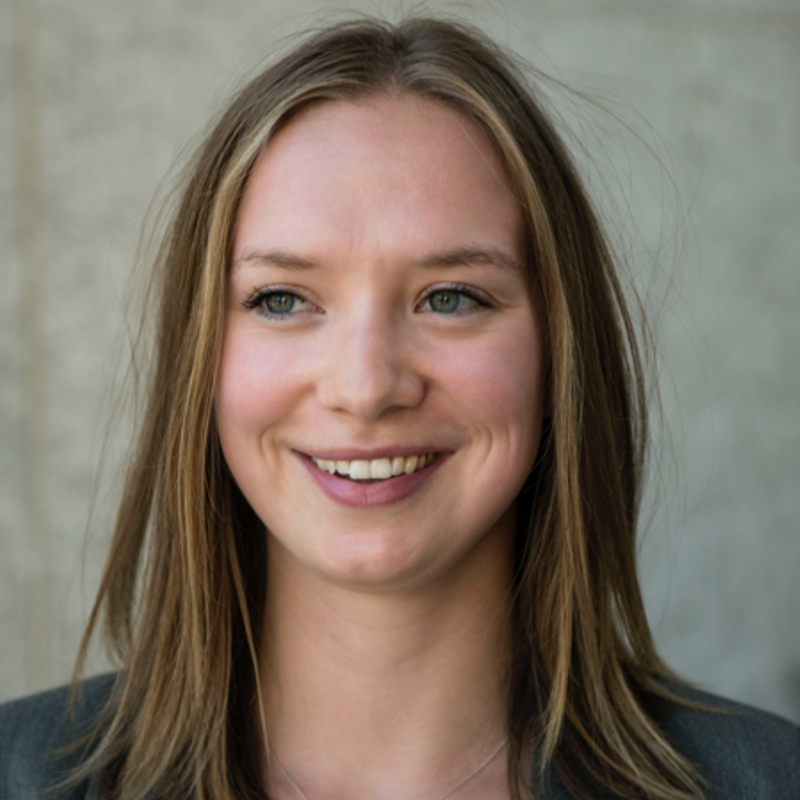
Her Master’s thesis, is titled, Exploration of Métis cultural programming at MACSI, an organization providing cultural healing to Métis clients experiencing problematic substance use in Saskatoon, SK. She is looking to understand the foundational perspectives and elements of Métis culture that could be incorporated into addictions treatment. From her research, she hopes to create a guiding document of Métis cultural components that could be used in the development in programming curriculum.
Shana Cardinal
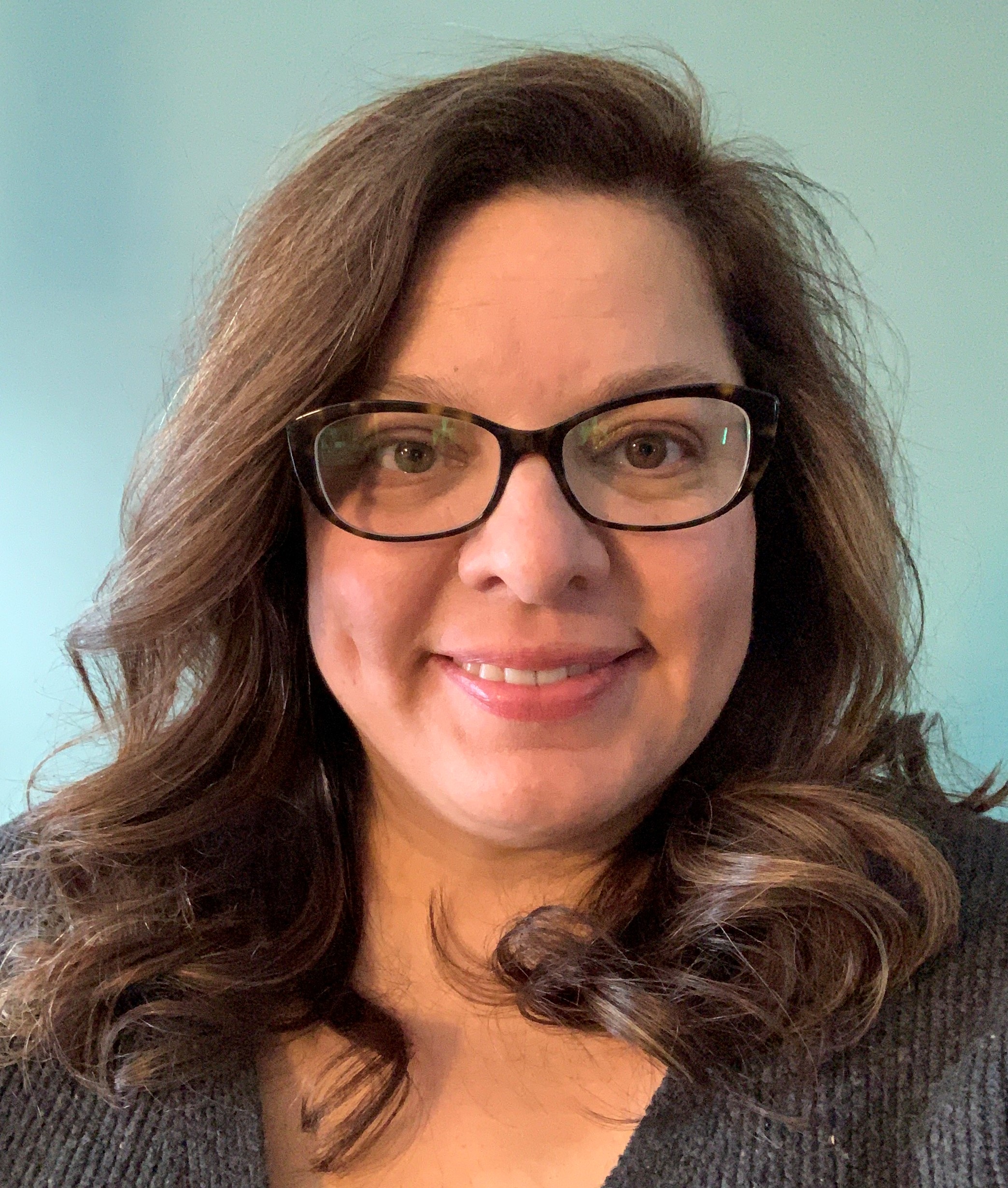
Tansi! My name is Shana Cardinal, I am an Indigenous person (Métis) and currently a second year PhD student at the University of Regina within the Faculty of Education. I am also employed with Regina Public Schools as a School Counsellor and am a single mother of one.
My research focuses on uncovering the impacts of intergenerational trauma on the mental health of Indigenous children and youth. I believe this is a critical area of Indigenous health and wellness and my intention is to work with Indigenous Elders, adults, children and youth, their communities, and professionals from within the education sector to undertake this work. Ultimately my objective is to strengthen and increase my experience in working with at-risk and marginalized students with complex needs in formal and informal settings. In my spare time, I enjoy spending time with my 17-year-old daughter Khemissa, travelling and giving back to my Indigenous community.
Charmaine Christiansen

In April 2020 I graduated from the BA Applied Emphasis Psychology Program at Concordia University Edmonton. Here at USask my goal is to study traditional Indigenous healing practices along side the Western practice of Psychology, which is termed the “Two-Eyed Seeing” approach. As a first-generation graduate student, it is important to me to bring the knowledge I gain back to the Yukon as I see many families including my own struggling to find healing and prosperity from the impact of residential school and colonial assimilation. My research interest includes holism, traditional healing practices, Indigenous governance, Indigenization, decolonization and community-based research.
Ann Dorion
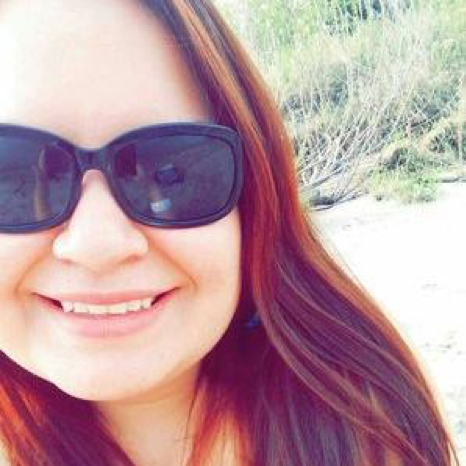
Jenny Gardipy
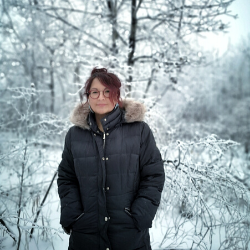
Candace Gladeau
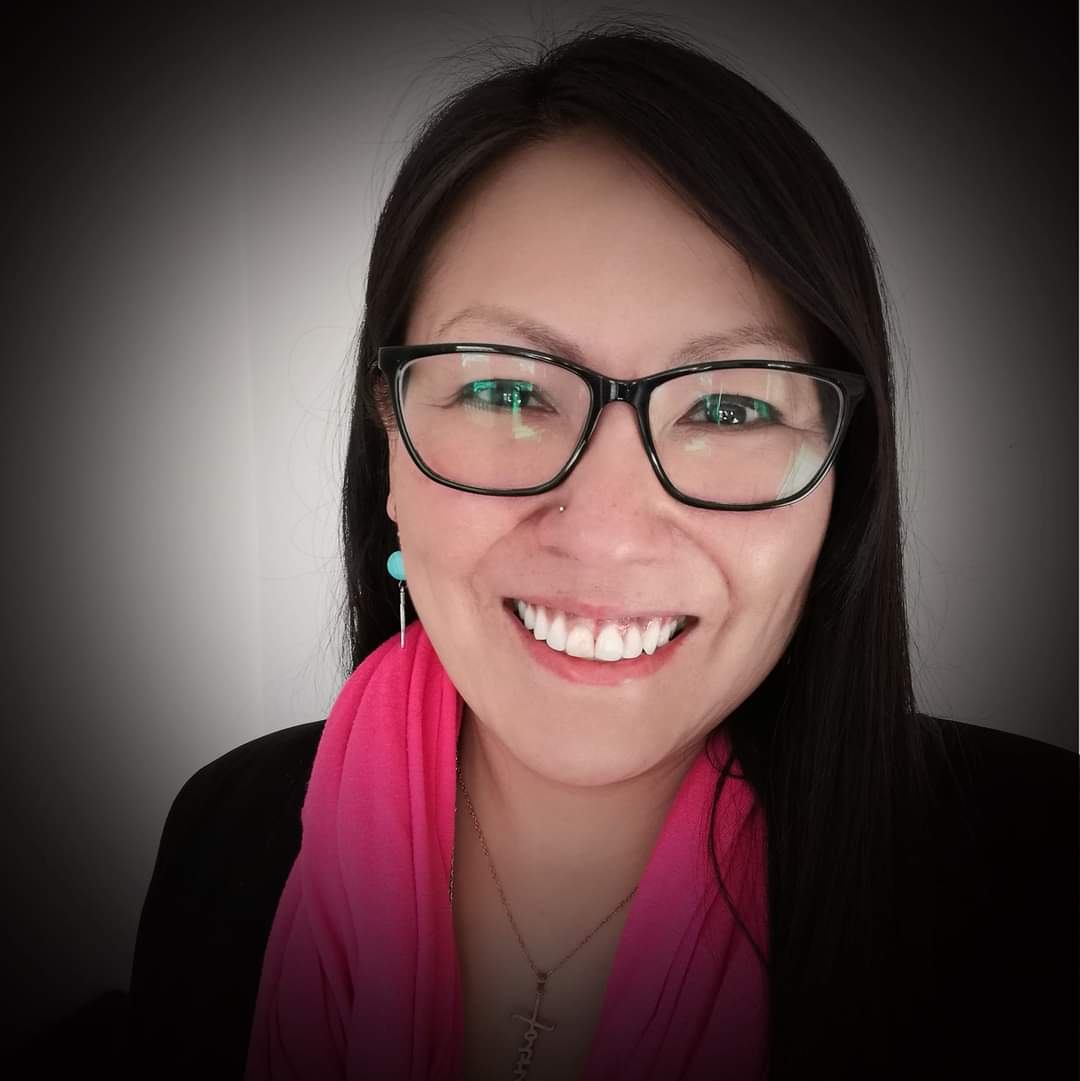
My name is Ka-Pisakastek-Sunrise, my English name is Candace Rae Gladeau. I am a status Cree, Saulteaux, and French Metis single parent of 25-year-old Matthew, 20-year-old Madison and 6-year-old Mateah from O’Chiese FN, Alberta but grew up primarily in Moosomin FN and Saskatoon. I graduated with my Bachelor of Indigenous Social Work Degree in October 2007 and am currently a Masters of Indigenous Social Work Student at the University of Regina-First Nations University of Canada-Saskatoon campus and will convocate October 2021.
Becoming a mental health cultural therapist is a dream come true as I have a vision of a youth ranch which will be culturally and land based, with equine therapy, language, ceremonial and Elder access as well as western and traditional counselling methods and ideologies. I am grateful for being a successful candidate and am excited to see where the next chapter of my life takes me. Thank you.
Jory Meyer
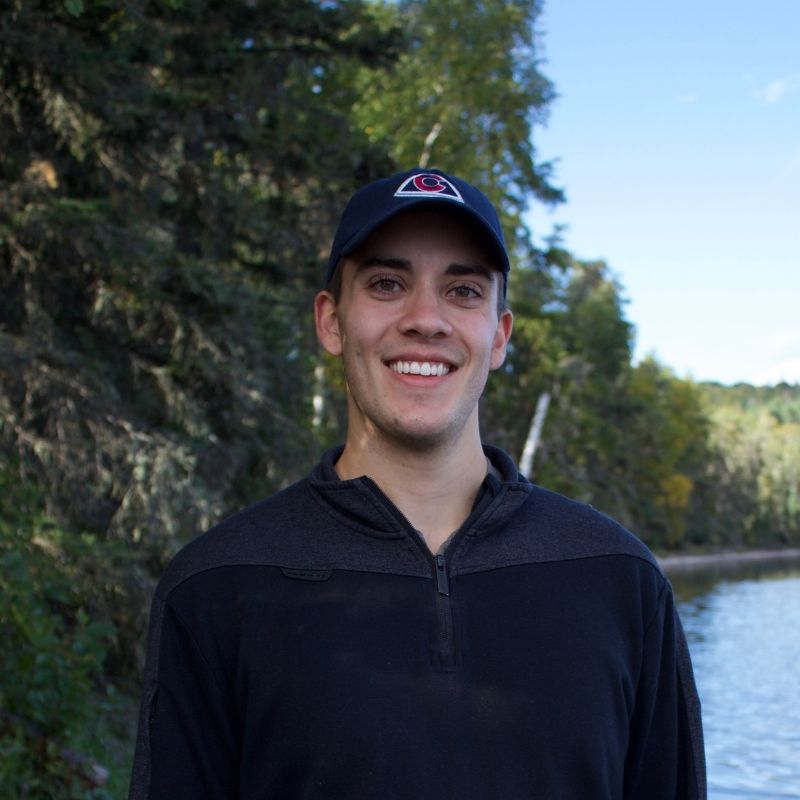
Wendy Mirasty
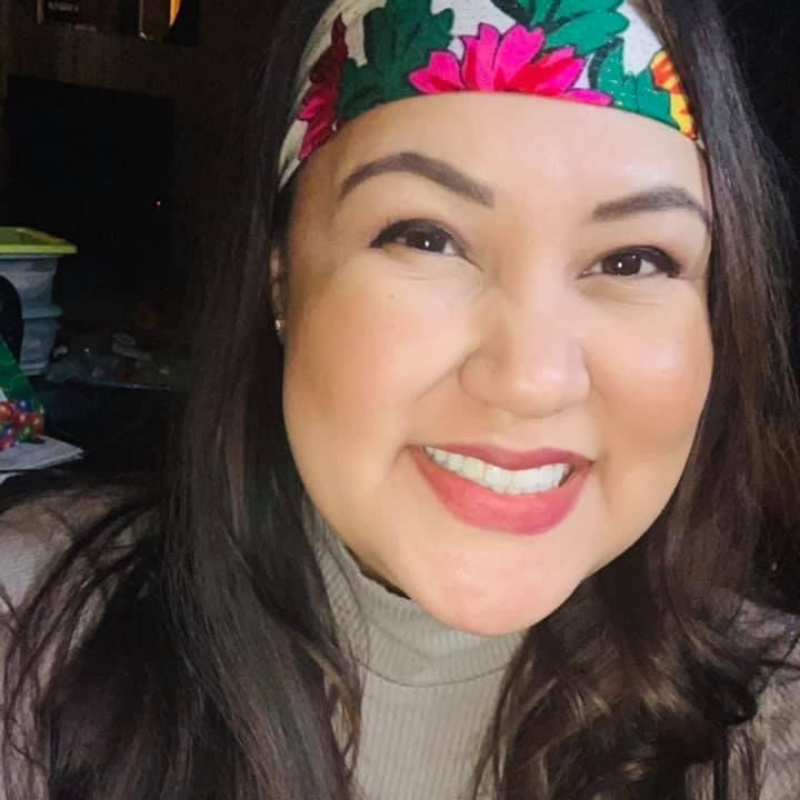
Wendy Mirasty is currently a student in the faculty of Graduate Studies and Research with the University of Regina. She is majoring in Indigenous Social Work. Wendy was born in Treaty 6 Territory. Primarily resided on the First Nation of Little Red River Reserve-Lac La Ronge Indian Band. She is Cree. She is a mother, daughter, aunt and sister. She continues her education as she wants to role model for her children, nieces and nephews and to help those who are hurting from past traumas. She is an intergenerational survivor of the Indian Residential Schools.
Wendy is honoured to receive the Saskatchewan Indigenous Mentorship Network Graduate Student Stipend. She began her educational journey in 2010 with the Saskatchewan Indian Institute of Technologies and completed her Certificate in Community Addictions. She then went into Indigenous Social Work and received her bachelor’s degree in 2014. Currently she is in her graduate program and will be applying for her Ph.D. She is also the author of “52 Weeks of a Single Mother’s Love”. She is currently writing additional books while she is finishing her graduate program.
Her research interests are family genograms, Indigenous parenting practices, spirituality, intergenerational trauma and Indigenous men’s healing practices.
Jacqueline Smith
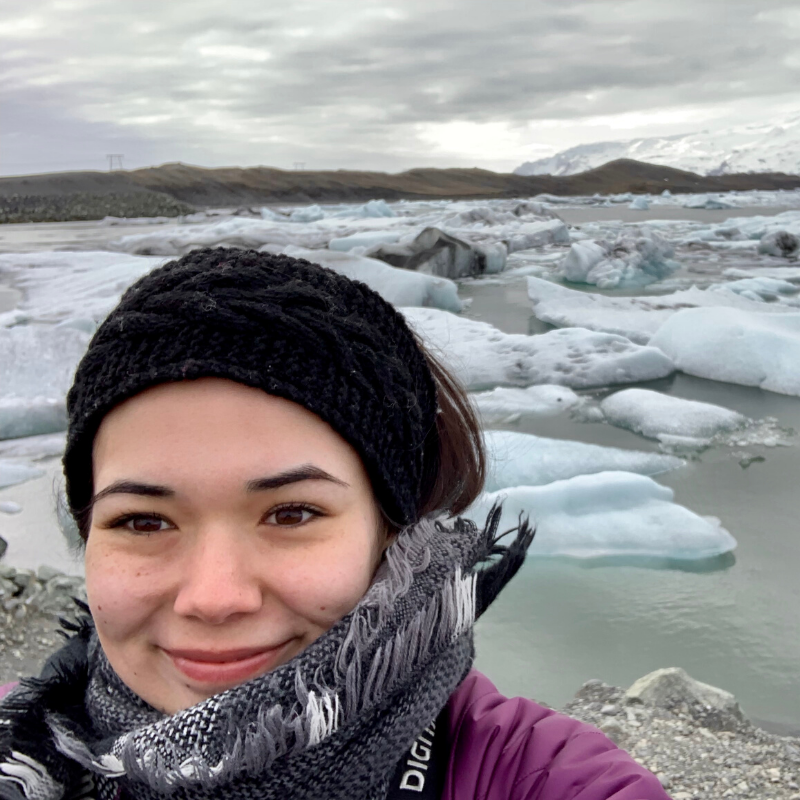
Bridgette Thomas
This year I will be celebrating twenty-seven years of sobriety. This has been accomplished through the support of my late parents who paved the way themselves and through my faith. Returning to school was not an easy choice, but I know they would be proud of me, just as I know my son, daughter, husband, and family are proud of me. When I am done my degree, I plan to work with Indigenous communities to offer consulting, counselling, and support services as well as my own practice.
Emily Winters
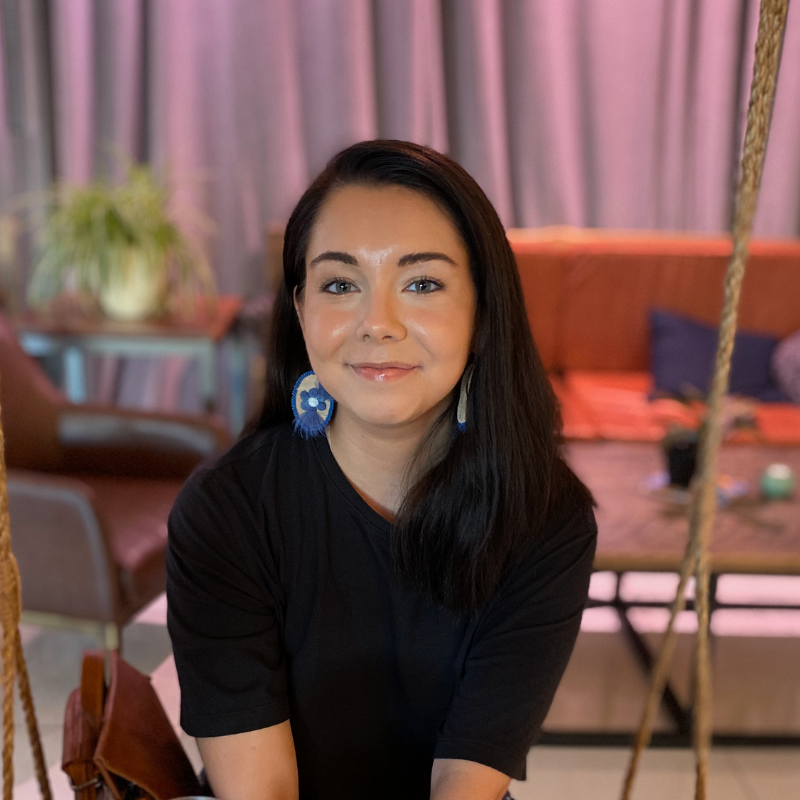
Emily Winters is a Doctoral student in Clinical Psychology at the University of Regina. She is an Inuk-Settler woman from Newfoundland and Labrador. She was raised in St. John’s and her land claims region is Nunatsiavut, a stretch of land along the coast of Labrador. Emily completed her B.Sc. (Hons) and M.Sc. from Memorial University of Newfoundland. Emily’s research interests include attitudes and perceptions towards substance use, particularly within the context of vulnerable and under-served populations. Her SSHRC-funded Master’s research examined the stigma surrounding substance use disorders and how the intersections of Indigeneity and treatment-seeking intention amplify that stigma. Her doctoral research aims to better understand the circumstances and prevalence of both medical and recreational cannabis use in long-term care facilities in Saskatchewan. Emily has a long-term goal of working as an independent researcher in an academic setting, as well as practicing as a clinical psychologist.
Michelle Zinck

COVID-19 Special Call
Writing Group Recipients
In response to Covid-19, the Saskatchewan Indigenous Mentorship Network launched a special funding call for Indigenous graduate students studying at a post-secondary institution in Saskatchewan.
| Name | Program of Study | Institution |
| Tina Alexis | PhD in Indigenous Studies | University of Saskatchewan |
| Christy Anderson | PhD in Indigenous Studies | University of Saskatchewan |
| Indiana Best | Master of Public Health (MPH) | University of Saskatchewan |
| Harrison Bull | MEng | University of Saskatchewan |
| William (Bill) Cook | Education | University of Regina |
| Ann Dorion | Masters in Public Policy (JSGS) | University of Saskatchewan |
| Jenny Gardipy | PhD in Indigenous Studies | University of Saskatchewan |
| Andrew Hartman | PhD in Psychology | University of Saskatchewan |
| Cheryle Herman | MEd - Education Technology | University of Saskatchewan |
| Denise Kennedy | MEd | University of Regina |
| Bonnie Marwood | LLM | University of Saskatchewan |
| Kathleen McMullin | PhD in Health Sciences (College of Medicine) | University of Saskatchewan |
| Tara Million | PhD in Indigenous Studies | University of Saskatchewan |
| Tatum Neveu | Masters in Social Work (MSW) | University of Regina |
| Jacqueline Smith | Masters in Indigenous Studies | University of Saskatchewan |
| Penny Smoke | Masters in Journalism | University of Regina |
Online Mentorship Recipients
Amount available: $500 honoraria to eligible Indigenous graduate students.
| Name | Program of Study | Institution |
| Danielle Bird | MA in Indigenous Studies | University of Saskatchewan |
| Shana Cardinal | PhD in Educational Psychology | University of Regina |
| Jed Huntley | MEd | University of Saskatchewan |
| Blaine Mirasty | Masters in Northern Governance and Entrepreneurship (JSGS) | University of Regina |
| Tamara Pearl | LLM (Master of Law) | University of Saskatchewan |
| Sheila Thomas | MEd Education Foundations | University of Saskatchewan |
| Emily Winters | Masters in Clinical Psychology | University of Regina |

